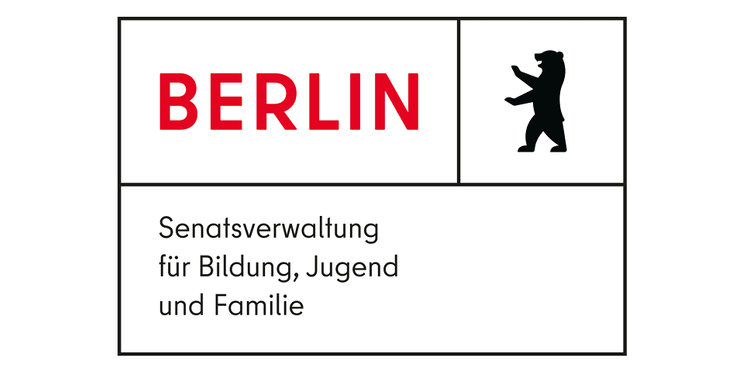Solution Approach / Technical Implementation
A component-based and service-centred architecture was implemented as part of the ISBJ project. Components are independently developed and distributable software entities that provide certain services. These services can be utilised solely based on knowledge of their published interfaces, without the underlying implementation being known. The components themselves run in the context of a dedicated component platform that manages the lifecycle of the components and provides infrastructure services such as security, persistence and transaction management.
Fraunhofer FOKUS has been supporting the project since 2004 in the areas of architecture management, business process modelling, requirements management, IT security, data protection, technology development and project-accompanying constructive quality assurance. The centrepiece is the service-oriented reference architecture (SOA) consisting of reusable services and components, which our experts have designed as a technical basis.
The ISBJ project focusses on the two sub-projects Youth Welfare and KiTa (Kinder in Tagesbetreuung; children in day care).
Youth welfare IT procedure in productive operation since the beginning of 2021
During ongoing work, the youth welfare sub-project has now been successfully transferred to productive operation. The new IT procedure has been in use throughout the federal state since 1 January 2021 and simplifies administrative work. The SoPart® software from GAUSS-LVS is implemented. It is being introduced on a modular basis in the areas of economic youth welfare, regional social services, child protection, guardianship, guardianship, advance maintenance payments and district and central youth court assistance and has been successfully integrated into the platform as a further module. The introduction of the new system will accelerate business processes, allowing employees in the youth welfare offices more time to advise their clients. Resident registration data, address and social area data as well as payment transactions are accessed directly from the specialised procedure in compliance with data protection regulations. The youth welfare offices can exchange case data with each other. The next step is to measure the effectiveness of the system, including an evaluation of the types of assistance.
As part of the sub-project, Fraunhofer FOKUS carried out the requirements analysis, developed a service description (functional and technical requirements) and the tender documents, supported the awarding of the contract and accompanied the introduction and customisation of the selected software in its role as quality assurer. Information security and data protection concepts were developed and coordinated with supervisory authorities.
KITA sub-project in further development with FOKUS expertise
Our scientists are also involved in the ISBJ sub-project KITA, in which the IT specialist procedures for child daycare and care, language status are being modernised and the Kita Navigator is being launched.
The software was developed as an independent e-government application due to its special organisational and administrative requirements in the state of Berlin. Users of this system are no longer just administrators in the offices, but also independent organisations and citizens (parents). The following technical and functional requirements are particularly important:
- Ensuring that notifications (daycare vouchers) are issued for around 200,000 active placements in daycare centres and after-school care and consideration of a fluctuation in places of around 30% (60,000 new applications) per year
- Settlement of occupied places by 12 youth welfare offices with around 800 providers
- Each provider reports the changes directly to the youth welfare office granting the place (child's place of residence). In doing so, they use special functions of the Kita programme.
- For the state providers, the after-school care sector and possibly for some “independent providers”, cost collection is to be provided as a programme function. The youth welfare offices are responsible for determining the costs.
- Parliament, senate administrations and district youth welfare offices are to be provided with all financial and statistical information for accounting, controlling, planning and auditing.
All of these requirements can only be met if the architecture developed in the project is consistently aligned. In addition, a service landscape should further increase the efficiency of the application. Kita was therefore designed as the first major application of the ISBJ platform.
The Kita software is currently undergoing a redesign to ensure the future viability and cost-effectiveness of the software. The architecture is being converted to micro-services and a container platform for cloud operation at ITDZ Berlin.
Our services in the ISBJ project
- Project-accompanying analytical and constructive quality assurance
- Consultancy on the further development of the IT process landscape and the application and security architecture (reference architecture)
- Business process and requirements management
- IT security and data protection concepts
- Support for the introduction of procedures
- Conception and support of system tests
- Analysing and evaluating the software code of procedures
- Preparation and implementation of ergonomics and barrier-free tests
- Advice on performance optimisation issues
- Ensuring the sustainability and cost-effectiveness of procedural software through technology development

